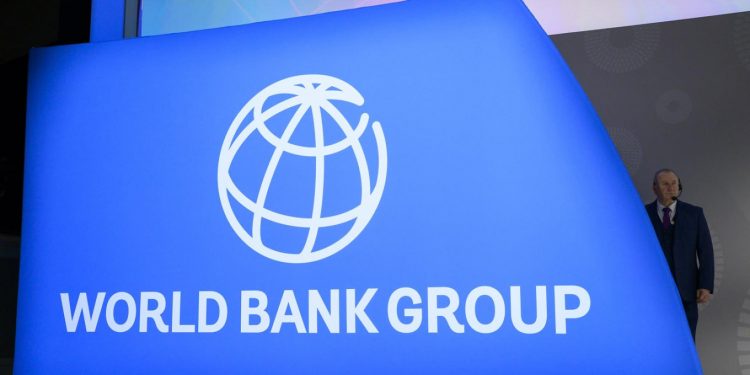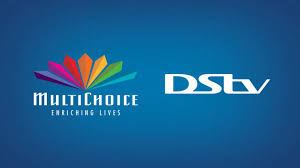Monetary Policy initiatives and development by the Central Bank of Nigeria has helped prevent a severe credit crunch in the private sector, according to the World Bank.
The World Bank made this remark in its bi-annual Nigerian Development Update, a report published twice yearly. Businesses in Nigeria suffered in the early part of 2020 over Covid-19 induced lockdowns which led to massive revenue losses, inventory pile-ups, rising cost of goods and services, job losses and rising default rates.
This led the central bank into galvanizing blue-chip firms to raise funds via its CACOVID initiative, inject trillions of naira in intervention funds, approve regulatory forbearance for non-performing bank loans and lower monetary policy rates to keep interest rates from rising. The World Bank has now affirmed that these policies prevented a credit crunch that could have prolonged Nigeria’s recession.
“Thus far, the CBN’s policy initiatives and development-finance interventions have helped prevent a severe credit crunch in the private sector. The CBN cut its monetary policy rate by 100 bps in May 2020 and by another 100 bps in September. Regulatory forbearance for the restructuring of pandemic-affected exposures is now in effect until March 2022. The CBN has softened the terms of its development-finance interventions, and the new terms have been extended through March 2022; it has also launched a range of new development-finance initiatives at subsidized interest rates in an attempt to ease the impact of COVID-19 on households and SMEs. It is also helping pharmaceutical companies, health practitioners, and SMEs respond to the pandemic by injecting up to N400 billion in loanable funds. The new funding is equivalent to about 2 percent of private sector bank credit.” World Bank
The world bank also reemphasized the impact that regulatory forbearance has had on maintaining confidence in the banking sector that was initially shaken by the possibility of non-performing loans.
In May 2020, the CBN issued a circular stating that it will be reducing interest rates on its facilities through participating financial institutions from 9% to 5% per annum for a year with effect from March 1, 2020. It also granted one-year moratorium on all principal repayments for all its intervention funds, effective March 1, 2020.
Related Story: World Bank blames CBN for Nigeria’s forex crisis
It also allowed financial institutions to consider temporary and time-limited restructuring of the tenor and loan terms for households and businesses affected by COVID-19, subject to the recently issued guidelines for restructuring affected credit facilities in the OFIs sub-sector. Earlier in March 2021, it extended its Covid-19 Forbearance by another 12 months.
The World Bank believes these initiatives have helped in no small measure to avoid a credit crunch. According to the World Bank, “the regulatory forbearance granted by the CBN for restructuring loans impacted by COVID-19 was crucial to keep the banking system sound, but in the next few quarters NPLs are expected to rise” suggesting that things may turn out gloomy sooner rather than later.
Earlier in January, Nairametrics reported that the non-performing loans of banks worsened in 2020 blowing past the regulatory limits of 5% to close at 6% at the end of December 2020. NPL has since moderated to 5.89% in May compared to 6.6% in March, just before the regulatory forbearance.
Despite the commendation of the efforts of the CBN, the World Bank also noted the wanton effect of the drop in oil prices, high inflation rates, and slow economic recovery that could remain over a protracted period. It believes these factors could lead to significantly higher loan losses once the regulatory forbearances expire.
“While the average NPL ratio may be slow to respond to recent disruptions, sectors with higher loan dollarization and those directly exposed to crude-oil prices, such as oil and gas and construction, have started to see a decline in loan quality. In other sectors, the impact of the crude oil price shock on loan quality will take several quarters to fully register. Meanwhile, forbearance is expected to be withdrawn, some corporate business models will cease to be financially viable, and with growth prospects for 2021 more muted, the repayment capacity of borrowers would be under pressure, which is also likely to affect loan quality. Profitability is falling due to, among other factors, compression of net interest margins, a dramatic slowdown in credit origination, and rising impairment charges. Several banks, both large and small, now have capital cushions that are only slightly above the minimum requirements. Corporate lending exposures account for most of the credit portfolio and are concentrated among the largest borrowers; as their leverage increases, so does the risk associated with corporate lending exposures.” World Bank
The report from the World Bank also mentions the IMF report that claimed a recent CBN Stress test revealed that Nigerian banks will see their CAR drop to below 10% if 25% of “unstructured loan portfolio” of banks are migrated to NPL Status.







